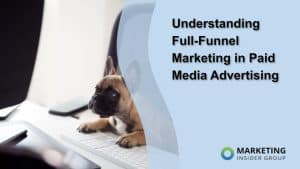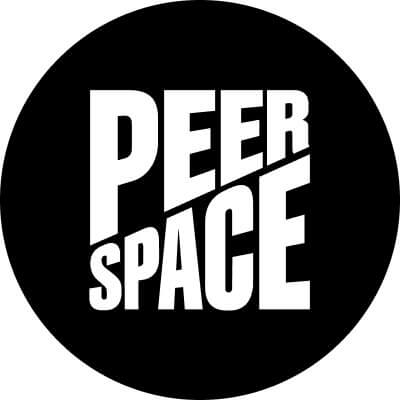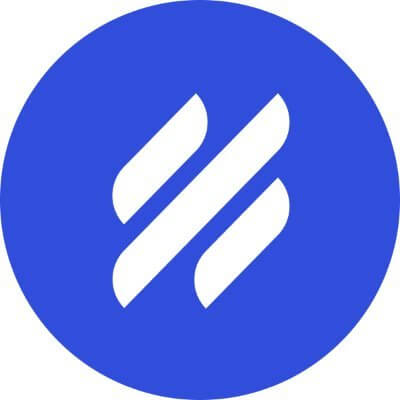5 common AI mistakes that are derailing your job search
In the past year, I’ve worked with job seekers, HR teams, and tech leaders, navigating everything from résumé optimization to the ethics of AI in hiring. And I’ve seen a clear pattern emerge: Candidates are using AI more than ever, and sometimes in ways that backfire. The tools are smarter. The competition is fiercer. Used well, AI can be your most powerful copilot. Used poorly, it can quietly disqualify you before a human ever sees your name. Here are five of the most common AI-related job search mistakes I see, along with one bonus pitfall you may not realize you’re making. Mistake 1: Relying on AI to Write Your Entire Résumé or Cover Letter AI résumé and cover letter generators promise to help you create professional documents quickly. But these tools often generate generic content based on keywords, which can make your application blend in with the rest. Yes, with a single ChatGPT prompt, you can have a résumé draft in 30 seconds. But if you stop there, you’re hurting your chances. Remember: AI-generated résumés read like they were written by a robot, because they were. Why it’s a problem: AI can help you with structure and grammar, but it cannot capture the nuances of your personal brand or unique career story. Worse yet, you also risk having a nearly identical résumé as another applicant because you are all asking for the same keywords/skills. Solution: Use AI to improve rather than replace your writing process—for example, to check for grammar errors, suggest keywords, or guide you to quantify your impact further. But make sure to personalize the content with specific examples from your own career. Your résumé should reflect your unique journey, not just a collection of skills and accomplishments with AI-generated words in between. Mistake 2: Using AI to Apply for Jobs on Your Behalf Without Customizing Your Application AI tools like job application bots can now apply for thousands of jobs on your behalf, filling out applications and submitting résumés for you. While this may save you time, it can also lead to oversaturation and missed opportunities. Why it’s a problem: These AI tools are good at mass applications but are not great at tailoring your application to each job and company. Customization is key when it comes to standing out in this crowded job market. An AI application will often lack the personalized touch that hiring managers value, and it won’t allow you to highlight specific aspects of your experience that align with the company’s culture and needs. Solution: Use AI to help identify relevant job openings, but take the time to customize your applications. Craft a personalized cover letter and tweak your résumé to reflect the most relevant skills and experiences for each job. Even a few tailored adjustments can make a huge difference in catching a hiring manager’s eye. Mistake 3: Letting AI or Deepfakes Do the Interview for You Yes, we’ve entered that chapter. Some candidates are now using AI tools to generate real-time answers during live chat interviews and in extreme cases, deploying deepfakes to complete asynchronous video screenings. Even if you make it through the first round or get hired, consider this: What will you do on the job? Why it’s a problem: AI-driven interviews and deepfakes can make it easier for candidates to present themselves in an overly polished or dishonest way. While you might pass the screening, the real challenge comes once you’re on the job. Most companies now prohibit pasting confidential or company-specific info into public AI tools like ChatGPT. So even if you’re AI-savvy, the tools you used to land the role may not be available on the job. If you oversell your capabilities or rely on tools you won’t have access to later, you risk being fired or flagged early in onboarding. Solution: While it might be tempting to rely on AI to enhance your interview performance, remember that authenticity is now paramount. Use AI to prep, not perform. Practice interview questions, refine your examples, and improve how you tell your story using AI, but never fake it. The risk isn’t just not getting the job. It’s losing your reputation. Mistake 4: Overinflating Your Experience with AI Polish AI tools can help you highlight your accomplishments and frame your experiences more effectively, but there’s a danger in overinflating your role or contributions. While it’s tempting to use AI to embellish your résumé or cover letter, it’s important to remember that overstatement will be quickly exposed, not only in interviews, but also through informal back-channel checks. Why it’s a problem: Hiring managers often reach out to former colleagues, managers, or industry connections to gather informal insights about candidates. Even if they’re not conducting formal reference checks, these casual conversations can reveal discrepancies between your résumé and the reality of your work experience. If your claims don’t match the real

In the past year, I’ve worked with job seekers, HR teams, and tech leaders, navigating everything from résumé optimization to the ethics of AI in hiring. And I’ve seen a clear pattern emerge: Candidates are using AI more than ever, and sometimes in ways that backfire.
The tools are smarter. The competition is fiercer. Used well, AI can be your most powerful copilot. Used poorly, it can quietly disqualify you before a human ever sees your name.
Here are five of the most common AI-related job search mistakes I see, along with one bonus pitfall you may not realize you’re making.
Mistake 1: Relying on AI to Write Your Entire Résumé or Cover Letter
AI résumé and cover letter generators promise to help you create professional documents quickly. But these tools often generate generic content based on keywords, which can make your application blend in with the rest.
Yes, with a single ChatGPT prompt, you can have a résumé draft in 30 seconds. But if you stop there, you’re hurting your chances. Remember: AI-generated résumés read like they were written by a robot, because they were.
Why it’s a problem: AI can help you with structure and grammar, but it cannot capture the nuances of your personal brand or unique career story. Worse yet, you also risk having a nearly identical résumé as another applicant because you are all asking for the same keywords/skills.
Solution: Use AI to improve rather than replace your writing process—for example, to check for grammar errors, suggest keywords, or guide you to quantify your impact further. But make sure to personalize the content with specific examples from your own career. Your résumé should reflect your unique journey, not just a collection of skills and accomplishments with AI-generated words in between.
Mistake 2: Using AI to Apply for Jobs on Your Behalf Without Customizing Your Application
AI tools like job application bots can now apply for thousands of jobs on your behalf, filling out applications and submitting résumés for you. While this may save you time, it can also lead to oversaturation and missed opportunities.
Why it’s a problem: These AI tools are good at mass applications but are not great at tailoring your application to each job and company. Customization is key when it comes to standing out in this crowded job market. An AI application will often lack the personalized touch that hiring managers value, and it won’t allow you to highlight specific aspects of your experience that align with the company’s culture and needs.
Solution: Use AI to help identify relevant job openings, but take the time to customize your applications. Craft a personalized cover letter and tweak your résumé to reflect the most relevant skills and experiences for each job. Even a few tailored adjustments can make a huge difference in catching a hiring manager’s eye.
Mistake 3: Letting AI or Deepfakes Do the Interview for You
Yes, we’ve entered that chapter.
Some candidates are now using AI tools to generate real-time answers during live chat interviews and in extreme cases, deploying deepfakes to complete asynchronous video screenings.
Even if you make it through the first round or get hired, consider this: What will you do on the job?
Why it’s a problem: AI-driven interviews and deepfakes can make it easier for candidates to present themselves in an overly polished or dishonest way. While you might pass the screening, the real challenge comes once you’re on the job. Most companies now prohibit pasting confidential or company-specific info into public AI tools like ChatGPT. So even if you’re AI-savvy, the tools you used to land the role may not be available on the job. If you oversell your capabilities or rely on tools you won’t have access to later, you risk being fired or flagged early in onboarding.
Solution: While it might be tempting to rely on AI to enhance your interview performance, remember that authenticity is now paramount. Use AI to prep, not perform. Practice interview questions, refine your examples, and improve how you tell your story using AI, but never fake it. The risk isn’t just not getting the job. It’s losing your reputation.
Mistake 4: Overinflating Your Experience with AI Polish
AI tools can help you highlight your accomplishments and frame your experiences more effectively, but there’s a danger in overinflating your role or contributions. While it’s tempting to use AI to embellish your résumé or cover letter, it’s important to remember that overstatement will be quickly exposed, not only in interviews, but also through informal back-channel checks.
Why it’s a problem: Hiring managers often reach out to former colleagues, managers, or industry connections to gather informal insights about candidates. Even if they’re not conducting formal reference checks, these casual conversations can reveal discrepancies between your résumé and the reality of your work experience. If your claims don’t match the reality of how you were perceived in previous roles, it could harm your credibility and disqualify you immediately.
Solution: Focus on being authentic and accurate when detailing your experience. Use AI to help articulate or reframe your achievements but ensure that everything you list is something you can back up with real examples. Honesty and transparency go a long way in establishing trust with hiring managers.
Mistake 5: Underestimating the Power (and Liability) of Your Digital Presence
AI tools may help you land interviews, but they can also scan your LinkedIn profile or social media accounts as part of the screening process. It’s not enough to just have a résumé. Your online presence is increasingly scrutinized by employers.
Why it’s a problem: If your LinkedIn profile doesn’t match your résumé, at minimum, it can confuse hiring managers. AI won’t just look at your résumé. Now it’s scanning your digital presence on all platforms. If you have once posted something negative about your potential employer as a customer, it can be flagged and prevent you from landing an interview.
Solution: Ensure that your LinkedIn profile is up to date, fully aligned with your résumé, and clearly highlights your relevant skills and accomplishments. Create a compelling headline and summary that clearly state what you do and what you’re looking for. Share posts that demonstrate your expertise and thought leadership. Clean up any social media posts that might paint an inaccurate or outdated picture of the current “you.” Remember, your LinkedIn is an extension of your résumé and should reflect your personal brand authentically.
Bonus Mistake: Ignoring the Human Side of the Job Search
Here’s the reality: Many jobs aren’t filled through cold applications. Some jobs are never even listed on job boards. They’re filled through referrals and networking.
AI can’t replace genuine relationship building, and it shouldn’t.
You should use AI to help you research target companies, suggest outreach messages on LinkedIn, or prep for networking calls and coffee chats. Then, go out there and attend events. On LinkedIn, you can comment thoughtfully on industry conversations and start building relationships with those who might someday become the hiring manager of your dream job.
Remember, networking is expanding who you know and having a strong personal brand online expands who knows you. Both will enhance your chance of getting hired in this market.
Final Thoughts: Stay Human and Stay Authentic
My advice as an AI expert? Embrace AI as a tool to enhance your job search but always maintain authenticity and integrity. Let it help you shine brighter, not become a distorted version of yourself.
Your skills, experience, and passion are what will ultimately land you the right job. Don’t let AI derail that by turning you into someone you’re not.


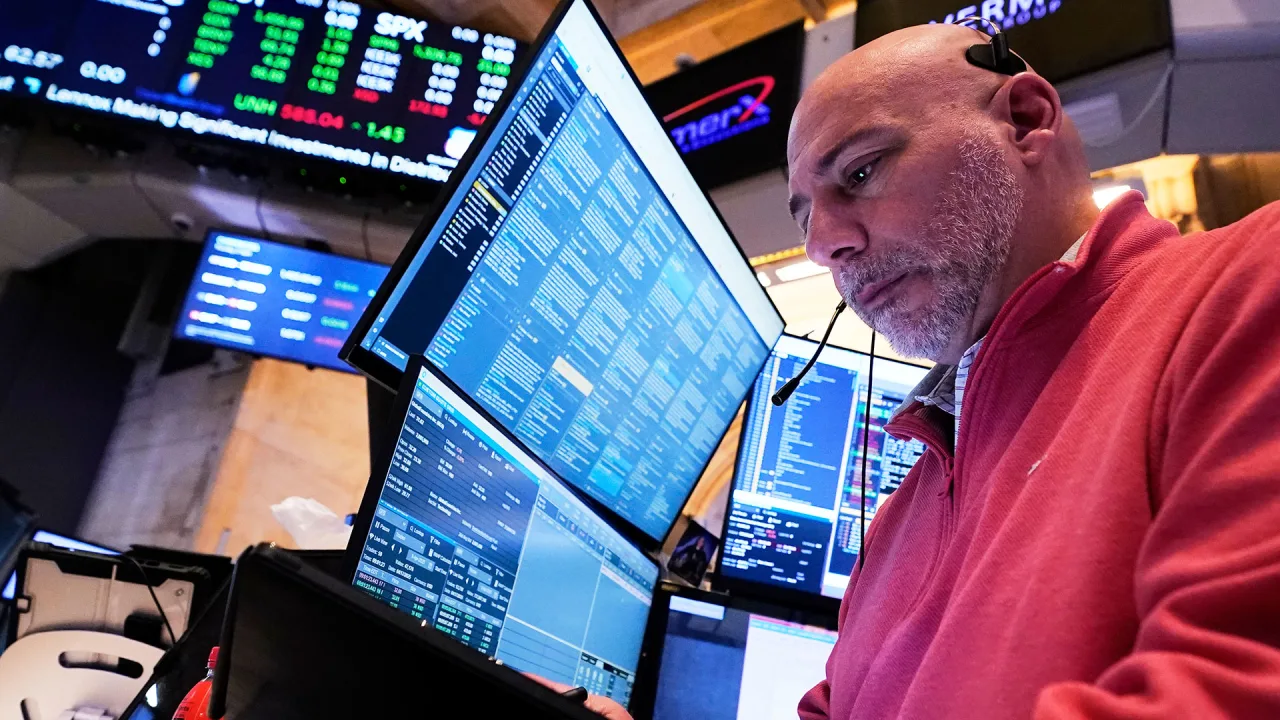



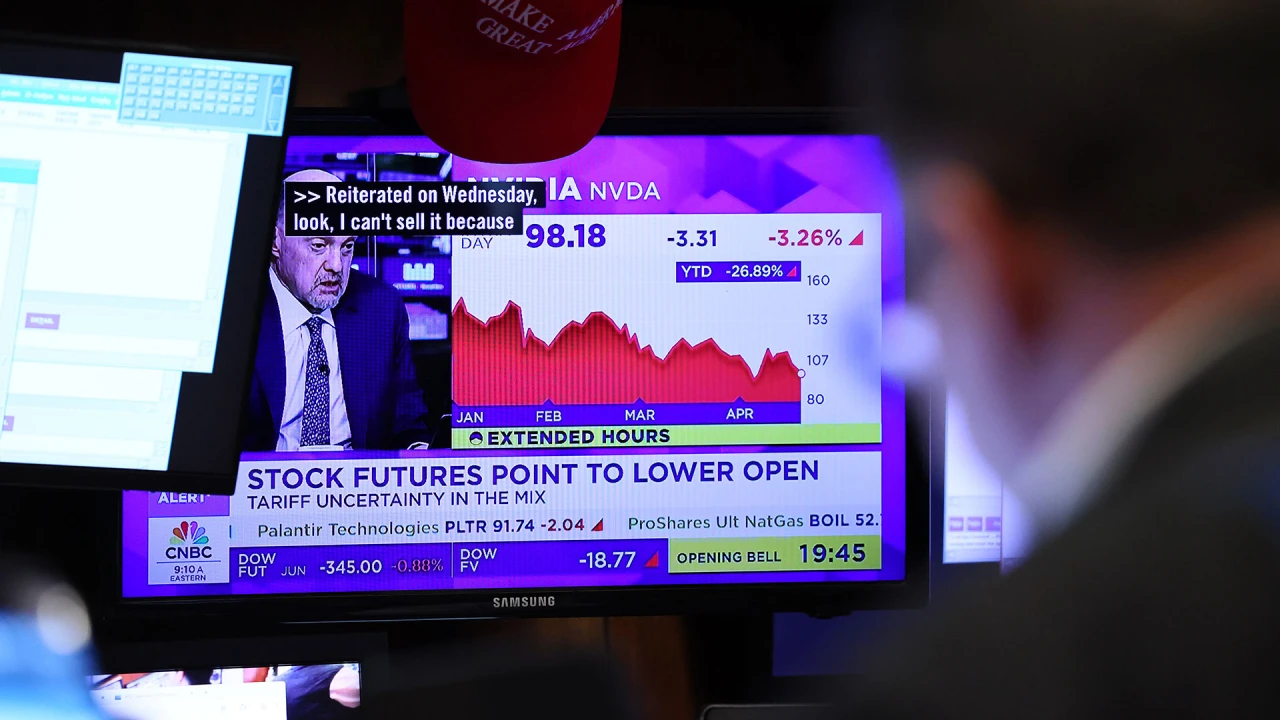



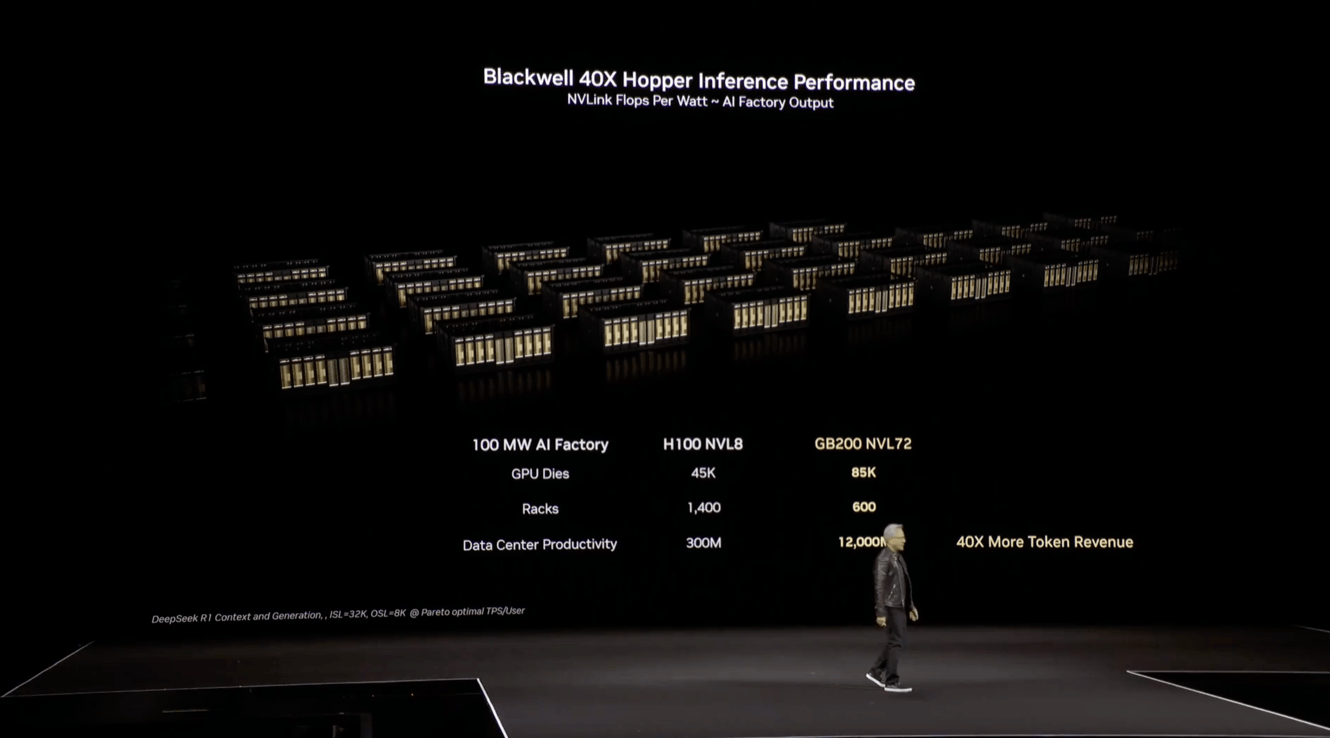









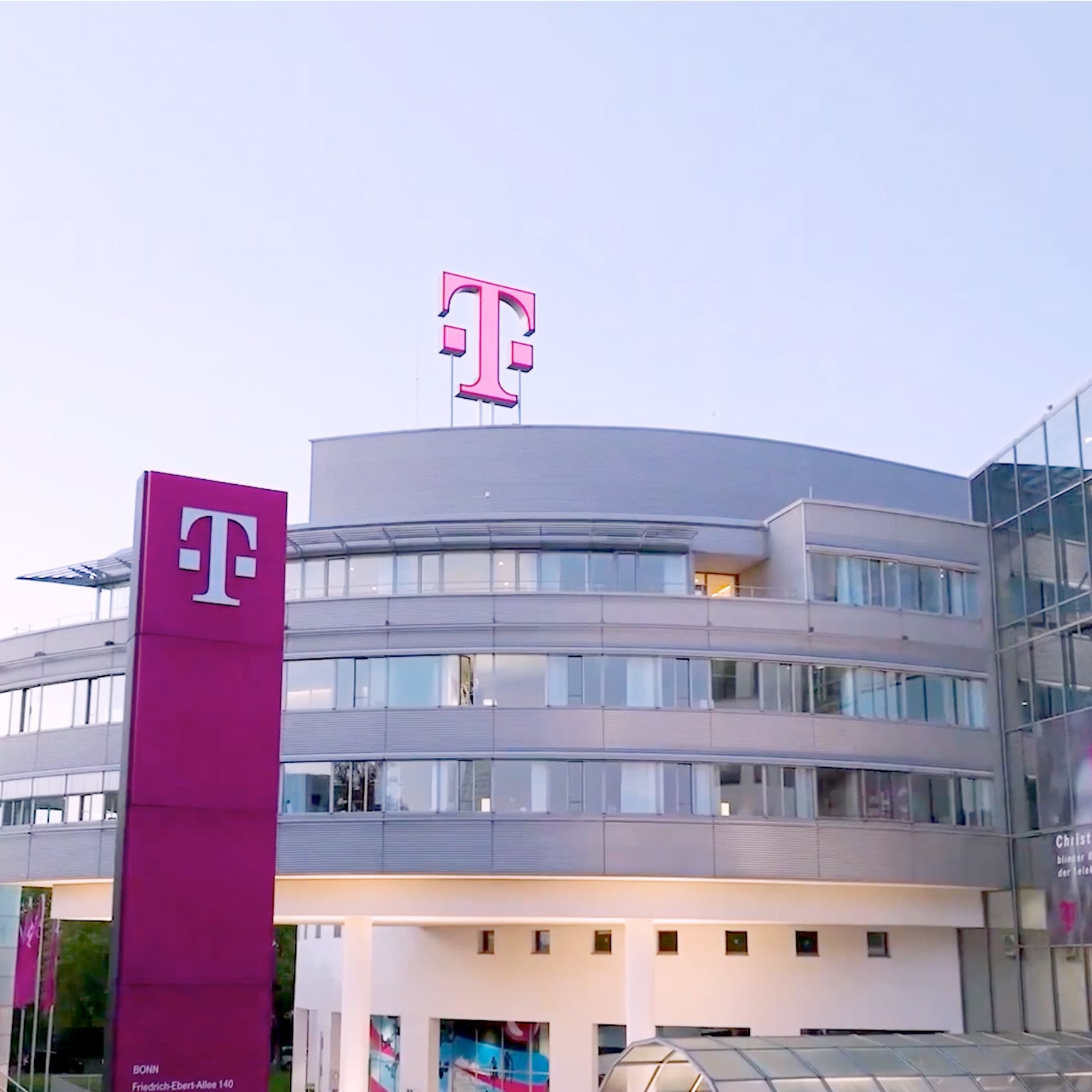

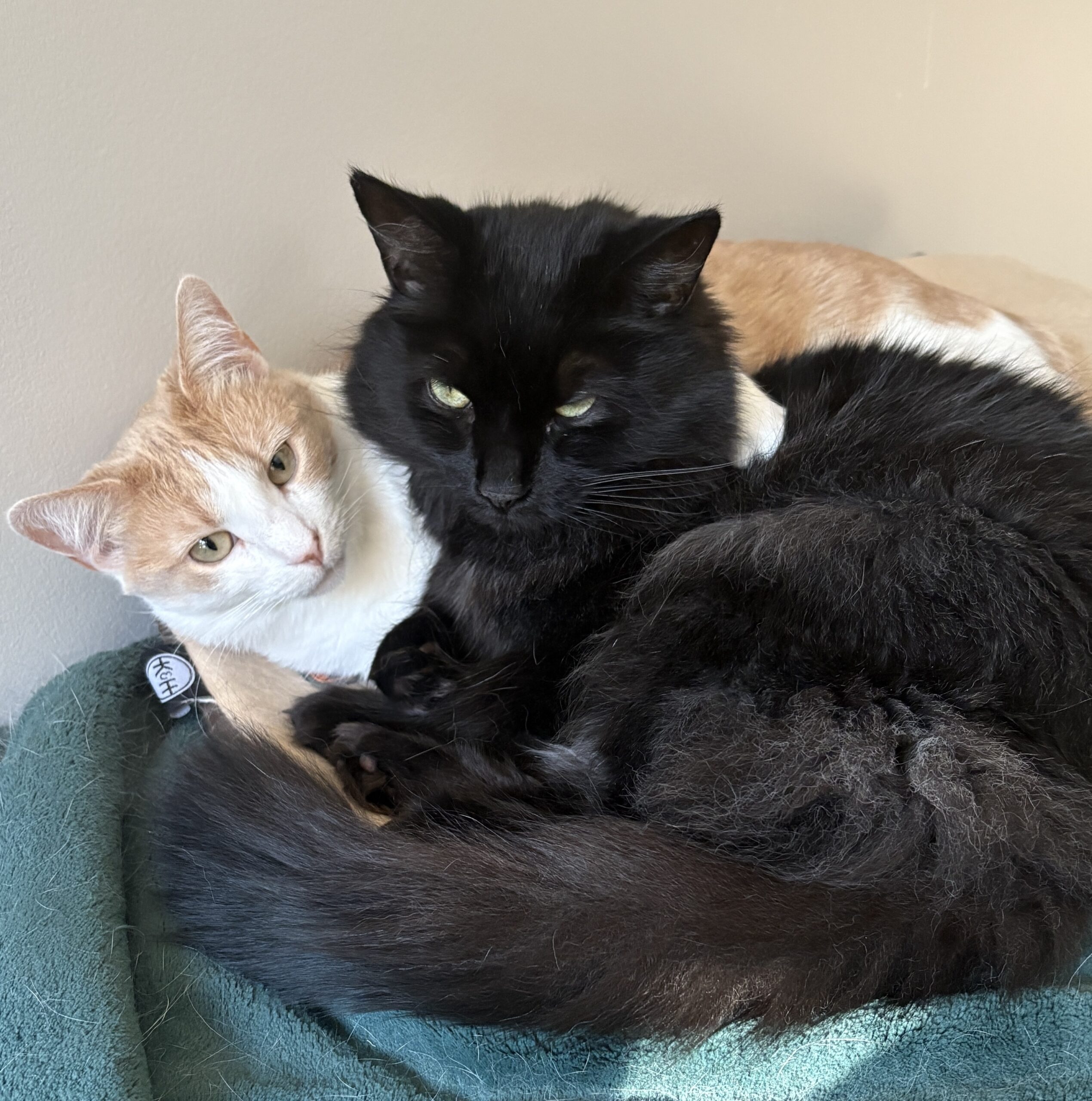



































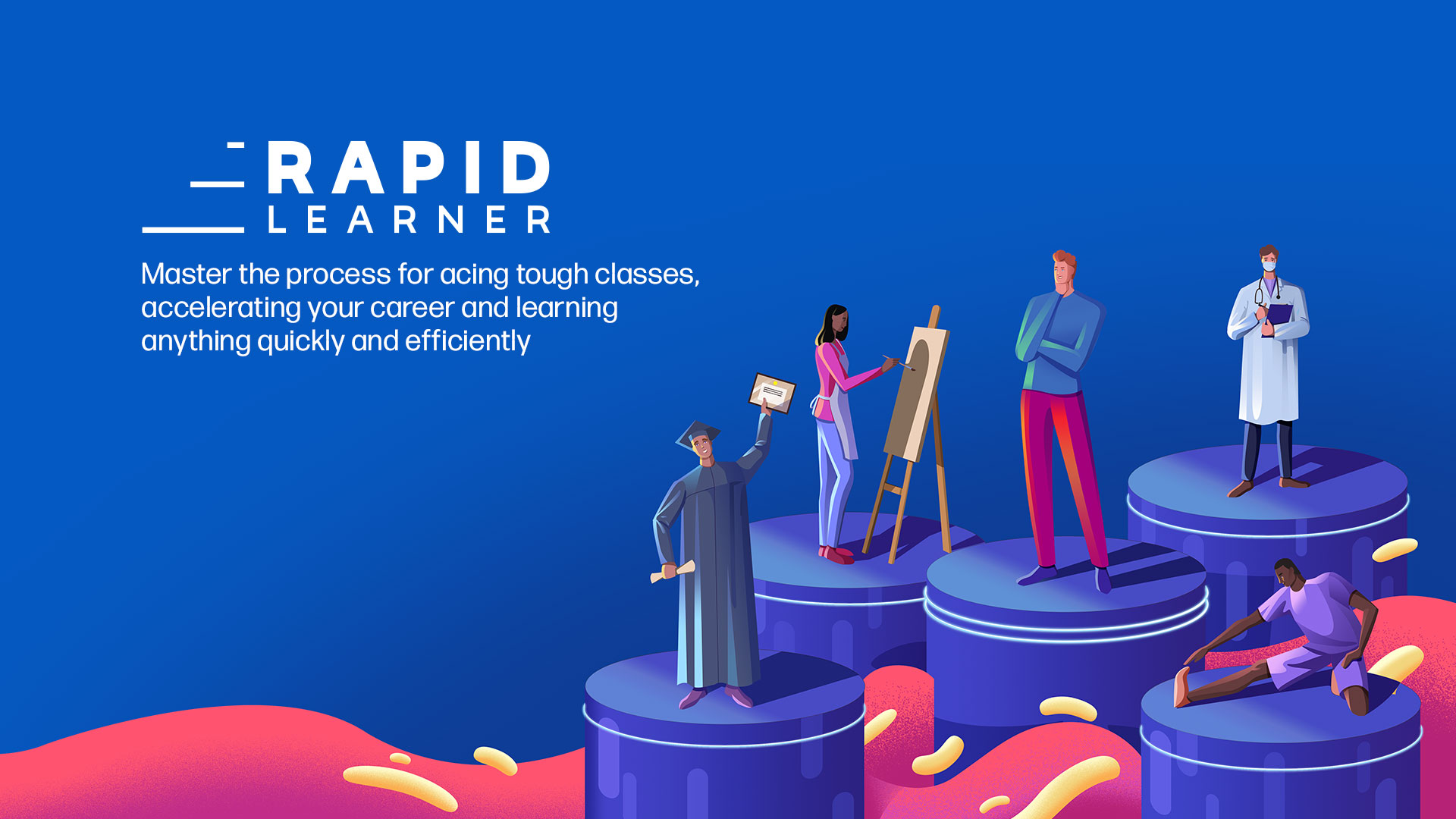

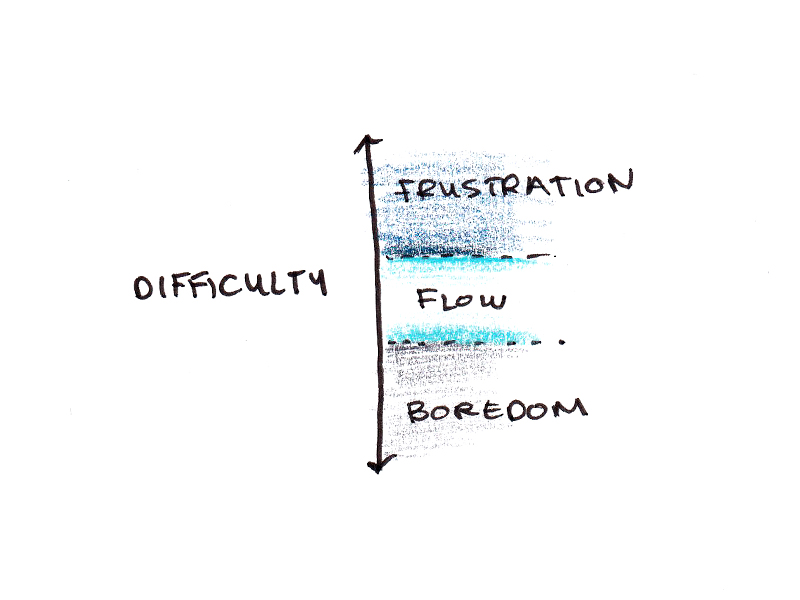








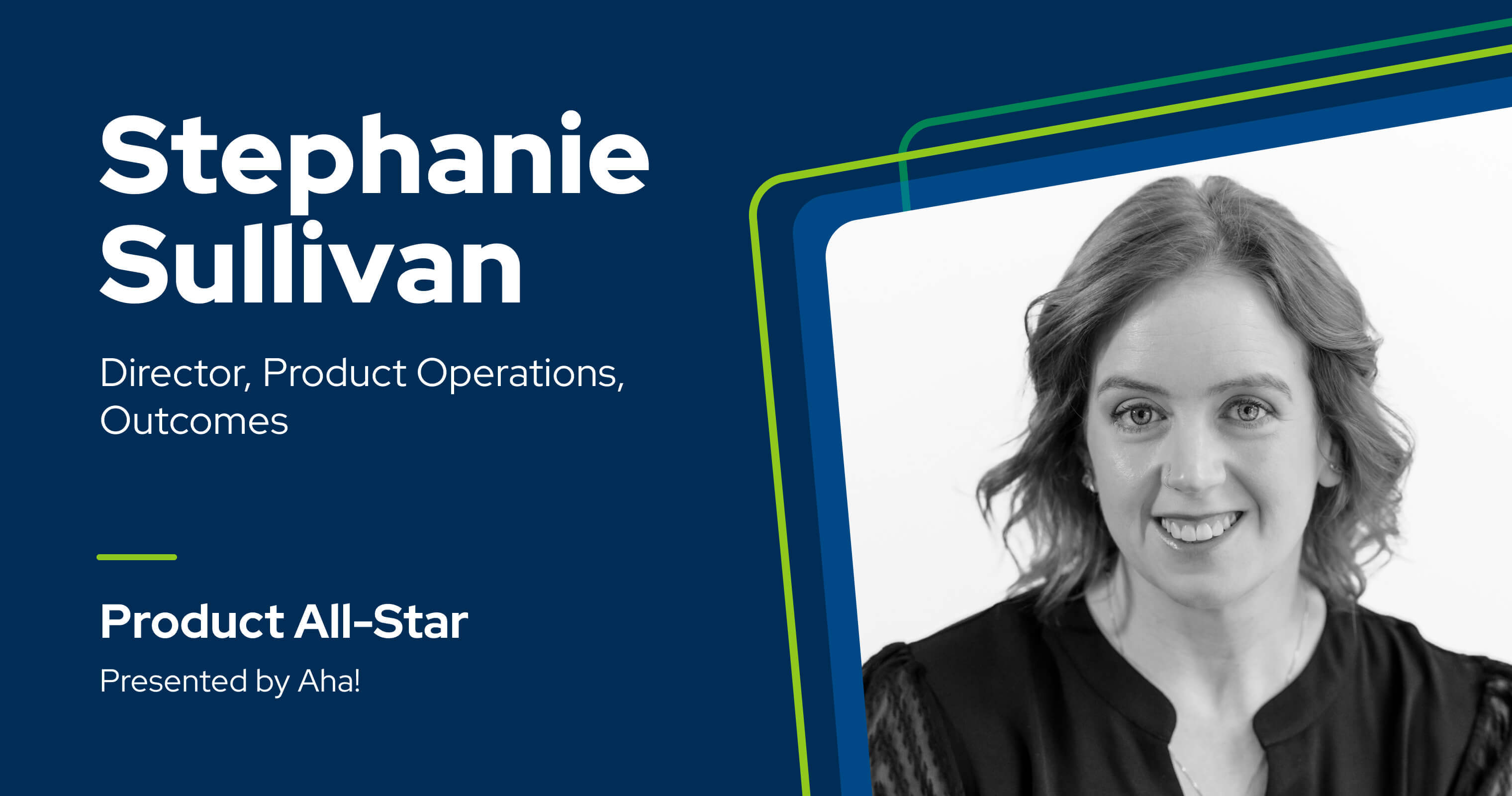
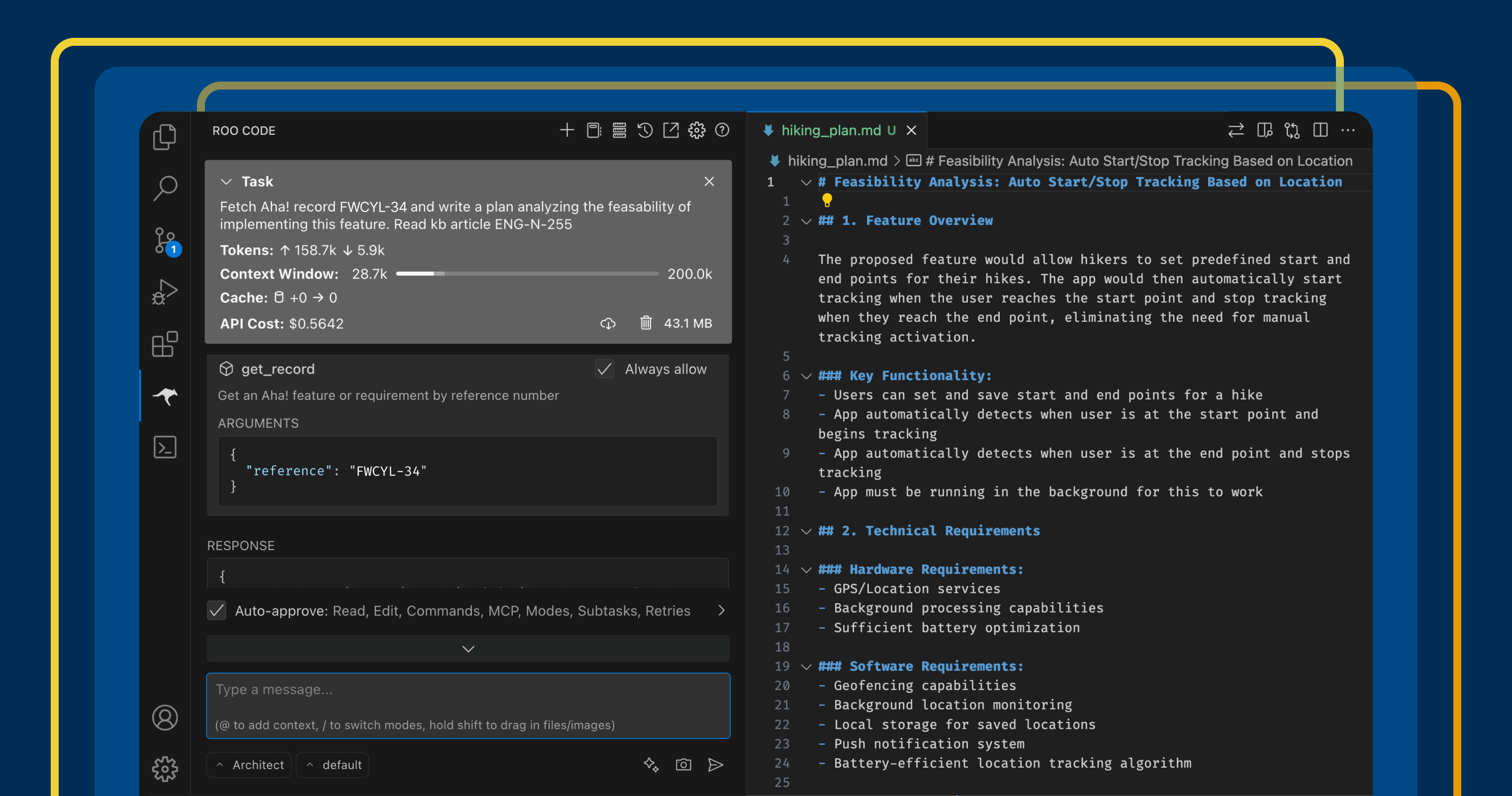
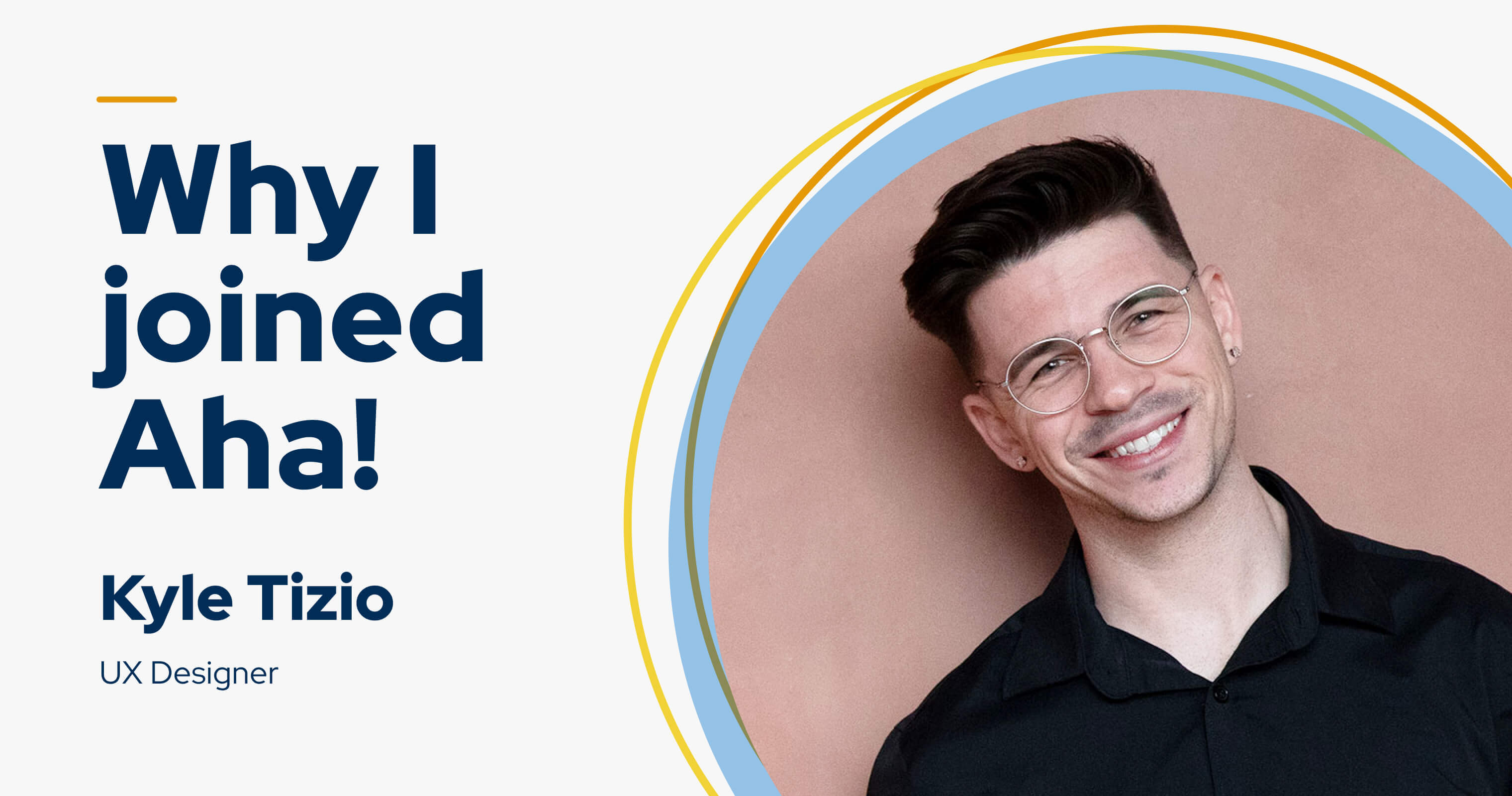
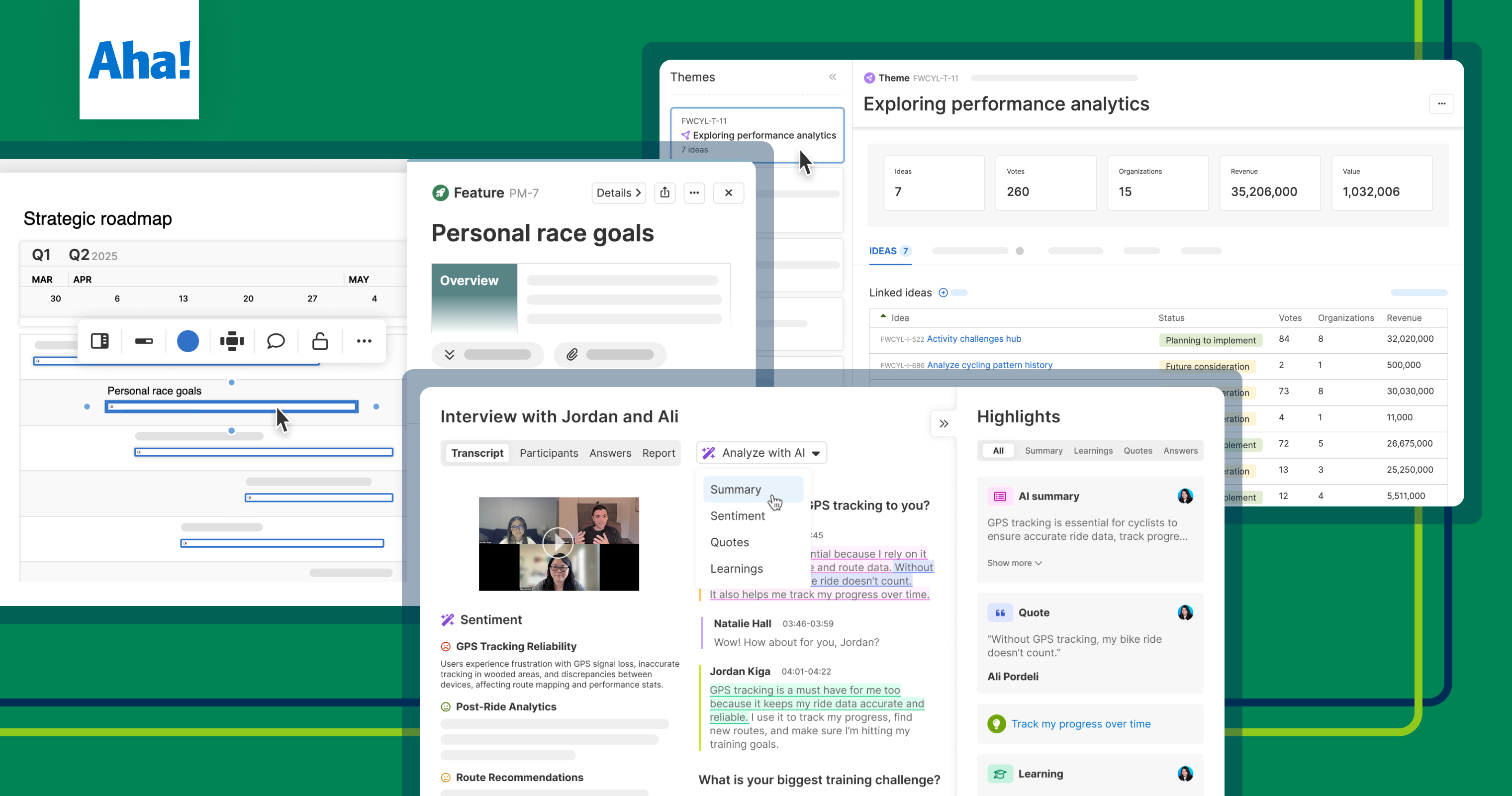



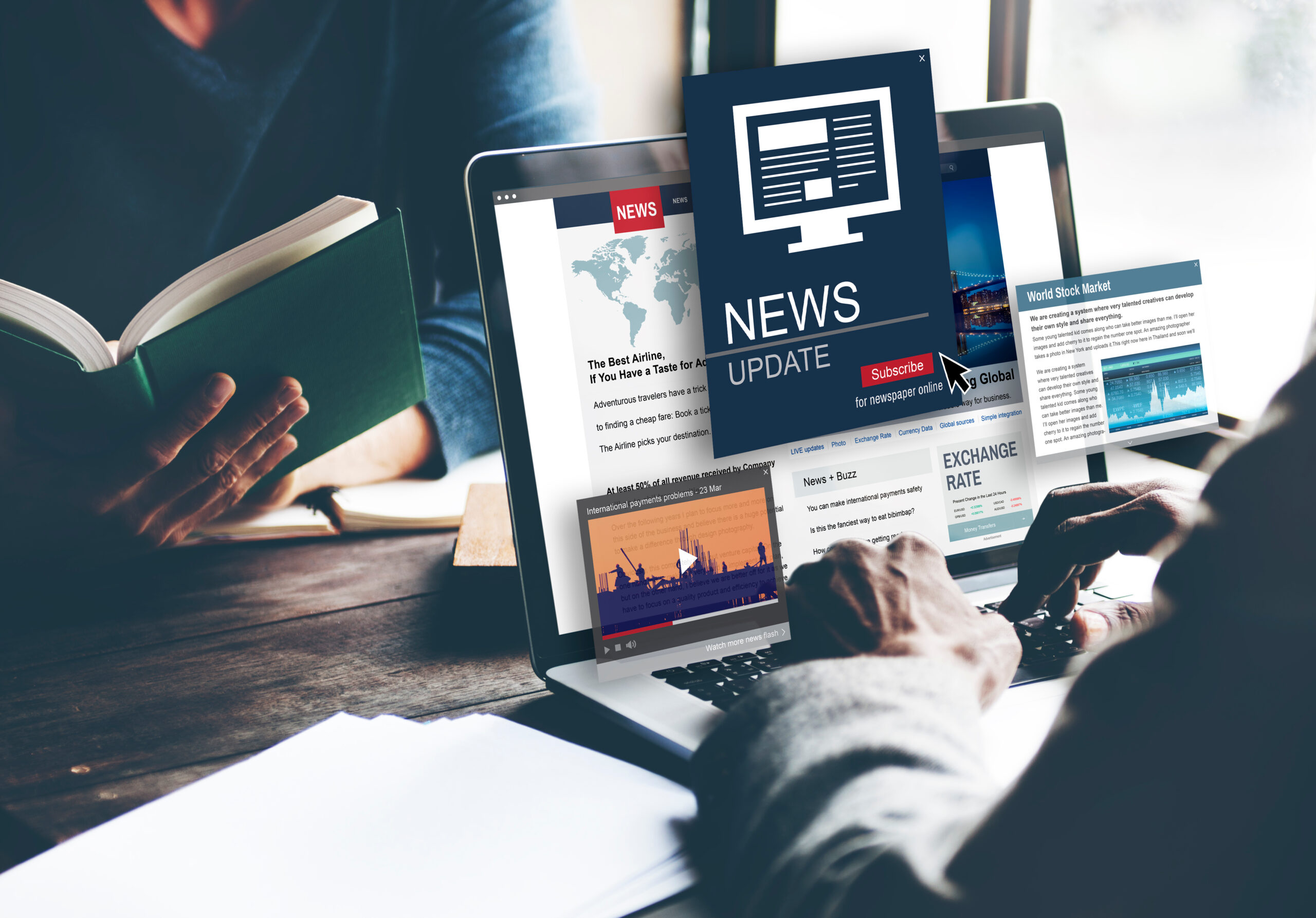
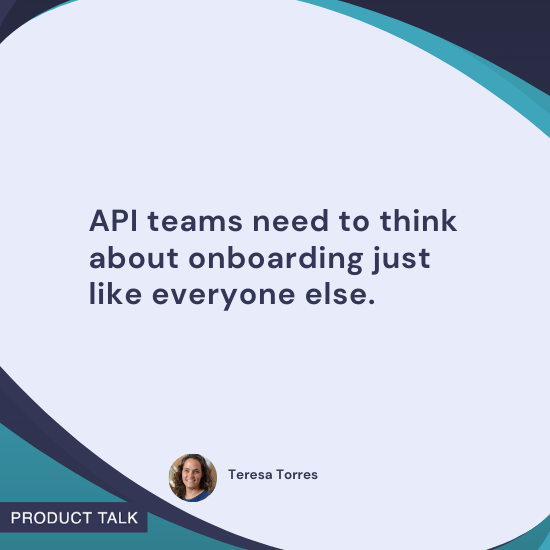
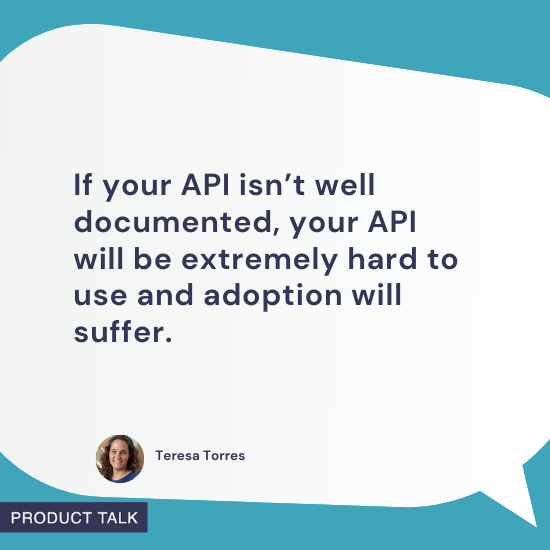


















![Building A Digital PR Strategy: 10 Essential Steps for Beginners [With Examples]](https://buzzsumo.com/wp-content/uploads/2023/09/Building-A-Digital-PR-Strategy-10-Essential-Steps-for-Beginners-With-Examples-bblog-masthead.jpg)





![How One Brand Solved the Marketing Attribution Puzzle [Video]](https://contentmarketinginstitute.com/wp-content/uploads/2025/03/marketing-attribution-model-600x338.png?#)

